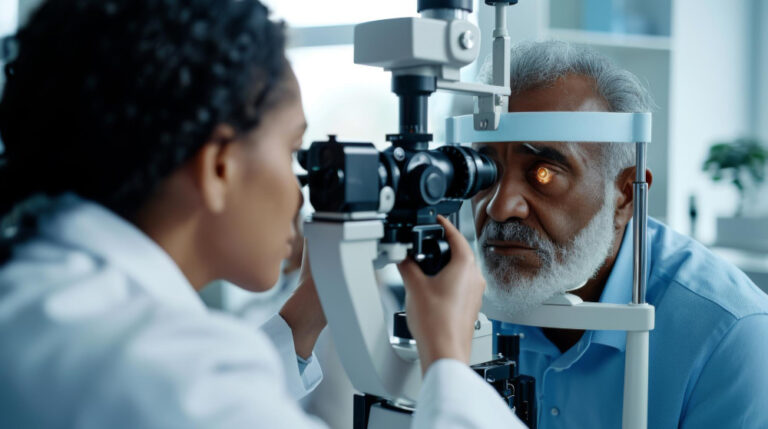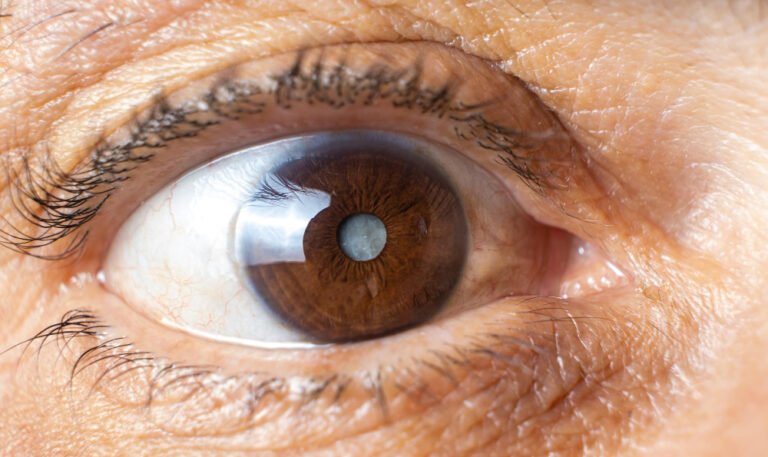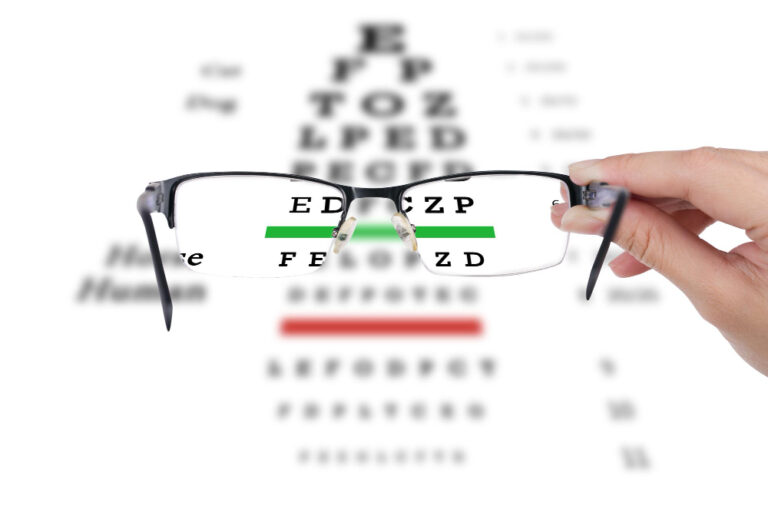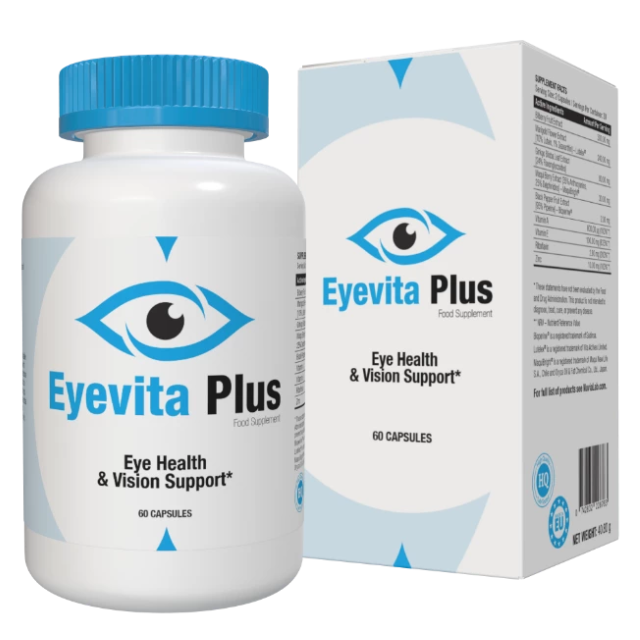
Our vision is perhaps our most precious sense. It allows us to experience the world around us in all its detail and beauty. But what happens when our sight isn’t as clear as it once was? Many factors can contribute to poor vision, and understanding these causes is the first step towards maintaining optimal eye health.
This post may contain affiliate links. If you choose to make a purchase from the links on this site, I may earn a small commission at no extra cost to you. I will only recommend products that I genuinely believe will add value to you. Your support is highly appreciated!
Common Causes of Poor Vision:

- Refractive Errors: These are imperfections in the shape of your eye that prevent light from focusing correctly on the retina. Nearsightedness, farsightedness, and astigmatism are all types of refractive errors, and they can be easily corrected with eyeglasses or contacts.
- Age-Related Macular Degeneration (AMD): This is a leading cause of vision loss in older adults. AMD damages the macula, the part of the eye responsible for central vision.
- Cataracts: These are clouding of the eye’s lens, which can blur vision and make colors appear dull. Cataracts are a natural part of aging, but surgery can often restore vision.
- Glaucoma: This group of eye diseases damages the optic nerve, which transmits visual information to the brain. Glaucoma can lead to permanent vision loss if left untreated.
- Dry Eye Syndrome: This condition occurs when the eyes don’t produce enough tears or the quality of tears is poor. Dry eyes can cause irritation, burning, and blurry vision.
- Other factors: Diabetes, nutritional deficiencies, certain medications, and eye injuries can also contribute to vision problems.
Symptoms of Poor Eyesight:

General Symptoms:
- Blurry vision: This is the most common symptom, affecting both near and distant objects.
- Squinting: This is often done to try and focus on objects.
- Headaches: Strain on the eyes can cause headaches.
- Eye strain: This can lead to fatigue, redness, and irritation.
Taking Care of Your Eyes:

While some vision problems are unavoidable, there are steps you can take to promote good eye health and potentially slow the progression of certain conditions:
- Regular Eye Exams: Schedule comprehensive eye exams with your ophthalmologist to detect any issues early on.
- Eat a Healthy Diet: A diet rich in fruits, vegetables, and omega-3 fatty acids can help keep your eyes healthy.
- Maintain a Healthy Weight: Obesity is a risk factor for several eye diseases, including diabetes and AMD.
- Protect Your Eyes from UV Rays: Wear sunglasses that block UVA and UVB rays to shield your eyes from sun damage.
- Give Your Eyes a Break: Avoid staring at digital screens for extended periods and take regular breaks to rest your eyes.
- Consider Eye Care Supplements: Some eye care professionals may recommend specific supplements containing vitamins and minerals essential for eye health.
Eyevita Plus is a multi-ingredient dietary supplement for people who want to take comprehensive care of their eye health and vision quality. The product is designed for people who spend long hours in front of computer screens, as well as to support eyes in everyday activity.
Each Eyevita Plus capsule encapsulates essential nutrients to help reduce eye fatigue, improve visual clarity and support the protection of the eyes against dry eye syndrome. Eyevita Plus also protects against the negative effects of blue light, which is emitted by electronic devices.
“Limited time offer: Restore your vision with Eyevita Plus.“
If the symptoms persist, it’s important to consult an eye doctor for a proper diagnosis and treatment.

